
The First International Conference on Energy Storage Materials (ICEnSM 2017) was held in Shenzhen, the innovative city of China, on 18-21 November 2017. ICEnSM is a unique conference series initiated by the editors of a new Journal, Energy Storage Materials, published by Elsevier (https://www.journals.elsevier.com/energy-storage-materials), and Tsinghua-Berkeley Shenzhen Institute, co-founded by Tsinghua University and University of California at Berkeley.
This conference featured world-class plenary speakers, keynote speakers, and oral/poster presentations.
Energy Storage Materials was requesting written nominations from the international community for its 2017 Energy Storage Materials Award. The purpose of this award is to recognize an outstanding scientist in the field of energy storage and conversion materials and devices who has made significant contribution and whose work shows significant innovation in the field. The award was presented at this Conference, and the winner will be asked to give a plenary lecture at this conference and to write a paper related to his/her lecture for Energy Storage Materials. In addition, the Best Paper Award, the Most Cited Paper Award, and the Excellent Reviewer Awards in 2016 was conferred at the conference as well.
 Professor Yury Gogotsi from Drexel University, USA, has won the 2017 Energy Storage Materials Award, which is awarded by the journal Energy Storage Materials. The Award was presented to Professor Gogotsi at the ICEnSM 2017 (2017 International Conference on Energy Storage Materials) on November 21, 2017.
Professor Yury Gogotsi from Drexel University, USA, has won the 2017 Energy Storage Materials Award, which is awarded by the journal Energy Storage Materials. The Award was presented to Professor Gogotsi at the ICEnSM 2017 (2017 International Conference on Energy Storage Materials) on November 21, 2017.

The award, which is sponsored by Elsevier, gives special recognition to a person who has accomplished outstanding achievements in energy storage materials and devices. At the 2017 International Conference on Energy Storage Materials Professor Yury Gogotsi also gave a Keyneote lecture on Multidimensional Materials and Electrode Architectures for High-Rate Hybrid (Faradic+Capacitive) Energy Storage.

Professor Yury Gogotsi is recognized as one of the leaders in materials for electrochemical capacitors. His seminal work on carbon nanomaterials helped to better understand the mechanisms of capacitive energy storage. He introduced new materials to the field, such as carbon onions, and invented new technologies, such as electrochemical flow capacitors. Professor Gogotsi's recent work has concentrated on development of a new family of two-dimensional transition metal carbides and nitrides (MXenes), which he and his colleagues at Drexel University discovered in 2011. He is the author of over 500 of refereed journal papers and co-inventor of more than 60 inventions with patents issued or filed. He has an H-index of 92/109 (Web of Science/Google Scholar) and was recognized as a Highly Cited Researcher by Thomson-Reuters/Clarivate Analytics in 2014-2017. Dr. Gogotsi is Charles T. and Ruth M. Bach Professor, Distinguished University Professor and Director of the A.J. Drexel Nanomaterials Institute at Drexel University. He is also a Distinguished Foreign Professor at Jilin University, China.
Source: http://www.icensm.org/



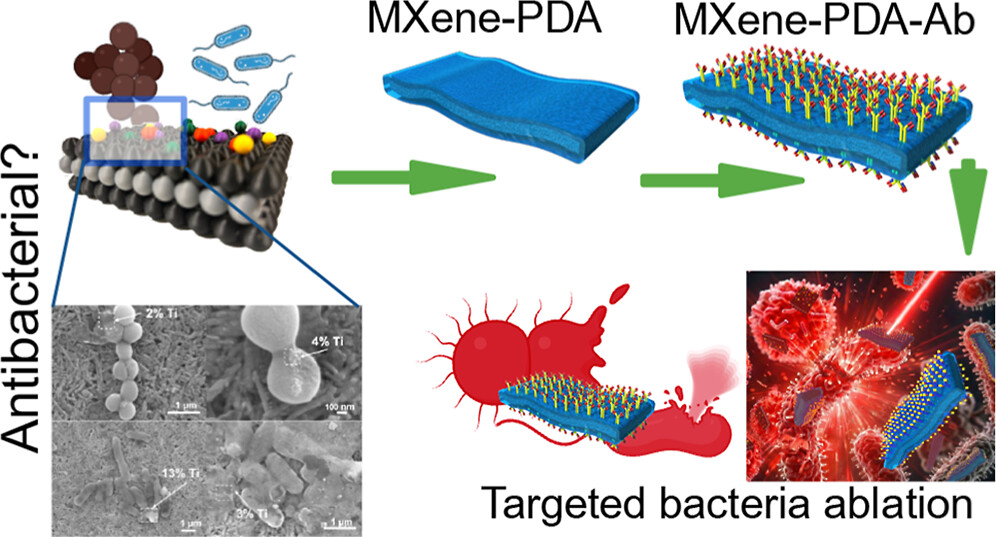 Do MXene nanosheets possess intrinsic antibacterial activity? A systematic study of high-quality Ti-, V-, and Nb-based MXenes reveals negligible inherent antimicrobial effects while highlighting their strong potential for targeted photothermal antibacterial therapy.
Do MXene nanosheets possess intrinsic antibacterial activity? A systematic study of high-quality Ti-, V-, and Nb-based MXenes reveals negligible inherent antimicrobial effects while highlighting their strong potential for targeted photothermal antibacterial therapy. Highlights
Highlights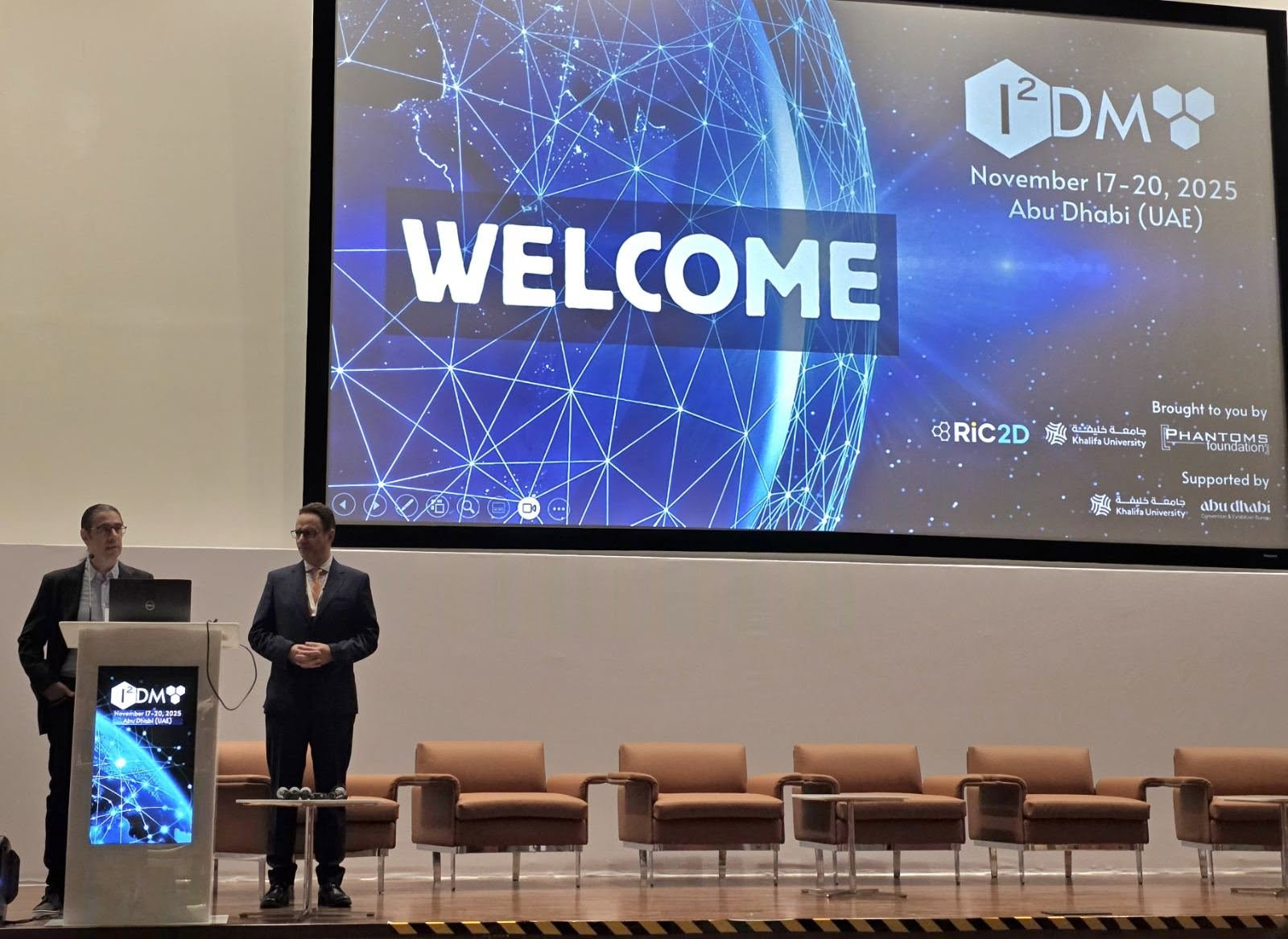 We are excited to share that our Carbon-Ukraine (Y-Carbon LLC) company participated in the I2DM Summit and Expo 2025 at Khalifa University in Abu-Dhabi! Huge thanks to Research & Innovation Center for Graphene and 2D Materials (RIC2D) for hosting such a high-level event.It was an incredible opportunity to meet brilliant researchers and innovators working on the next generation of 2D materials. The insights and energy from the summit will definitely drive new ideas in our own development.
We are excited to share that our Carbon-Ukraine (Y-Carbon LLC) company participated in the I2DM Summit and Expo 2025 at Khalifa University in Abu-Dhabi! Huge thanks to Research & Innovation Center for Graphene and 2D Materials (RIC2D) for hosting such a high-level event.It was an incredible opportunity to meet brilliant researchers and innovators working on the next generation of 2D materials. The insights and energy from the summit will definitely drive new ideas in our own development. Carbon-Ukraine team had the unique opportunity to visit XPANCEO - a Dubai-based deep tech startup company that is developing the first smart contact lenses with AR vision and health monitoring features, working on truly cutting-edge developments.
Carbon-Ukraine team had the unique opportunity to visit XPANCEO - a Dubai-based deep tech startup company that is developing the first smart contact lenses with AR vision and health monitoring features, working on truly cutting-edge developments. Our Carbon-Ukraine team (Y-Carbon LLC) are thrilled to start a new RIC2D project MX-Innovation in collaboration with Drexel University Yury Gogotsi and Khalifa University! Amazing lab tours to project collaborators from Khalifa University, great discussions, strong networking, and a wonderful platform for future collaboration.
Our Carbon-Ukraine team (Y-Carbon LLC) are thrilled to start a new RIC2D project MX-Innovation in collaboration with Drexel University Yury Gogotsi and Khalifa University! Amazing lab tours to project collaborators from Khalifa University, great discussions, strong networking, and a wonderful platform for future collaboration.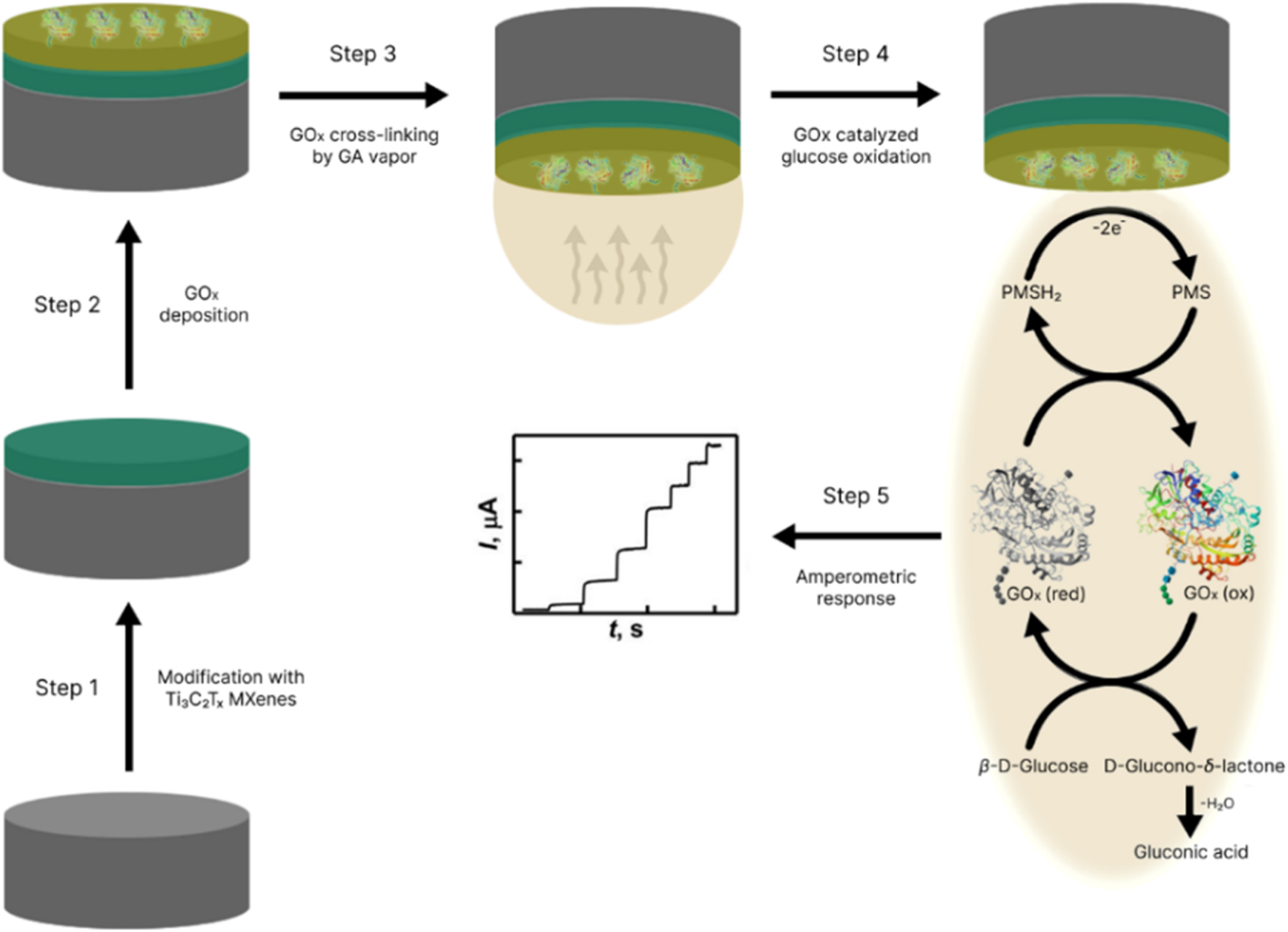
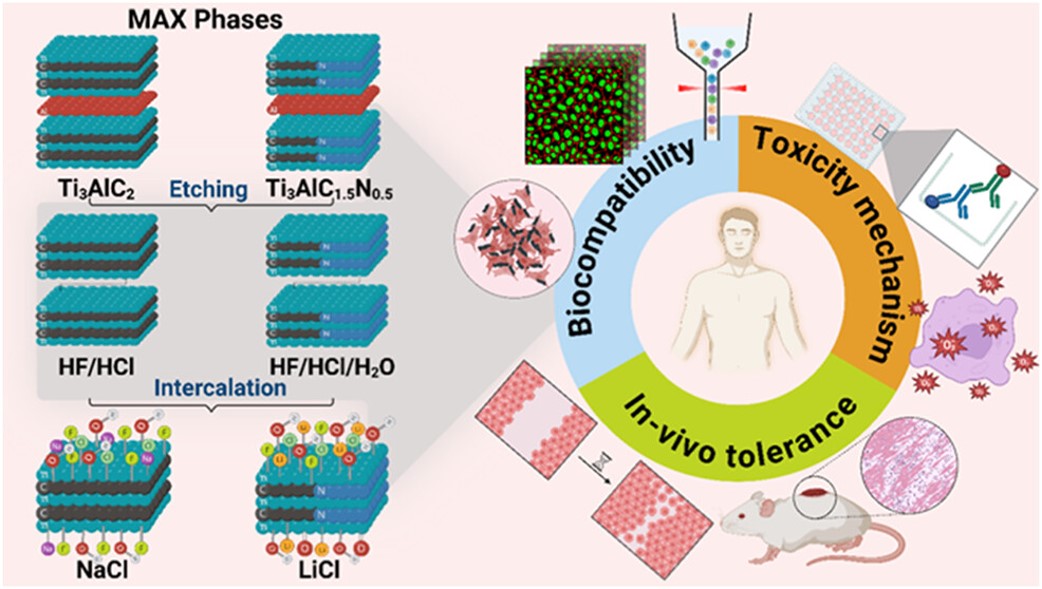 MXenes potential applications include sensors, wound healing materials, and drug delivery systems. A recent study explored how different synthesis methods affect the safety and performance of MXenes. By comparing etching conditions and intercalation strategies, researchers discovered that fine-tuning the surface chemistry of MXenes plays a crucial role in improving biocompatibility. These results provide practical guidelines for developing safer MXenes and bring the field one step closer to real biomedical applications.
MXenes potential applications include sensors, wound healing materials, and drug delivery systems. A recent study explored how different synthesis methods affect the safety and performance of MXenes. By comparing etching conditions and intercalation strategies, researchers discovered that fine-tuning the surface chemistry of MXenes plays a crucial role in improving biocompatibility. These results provide practical guidelines for developing safer MXenes and bring the field one step closer to real biomedical applications. An excellent review highlighting how MXene-based sensors can help tackle one of today’s pressing environmental challenges — heavy metal contamination. Excited to see such impactful work moving the field of environmental monitoring and sensor technology forward!
An excellent review highlighting how MXene-based sensors can help tackle one of today’s pressing environmental challenges — heavy metal contamination. Excited to see such impactful work moving the field of environmental monitoring and sensor technology forward!
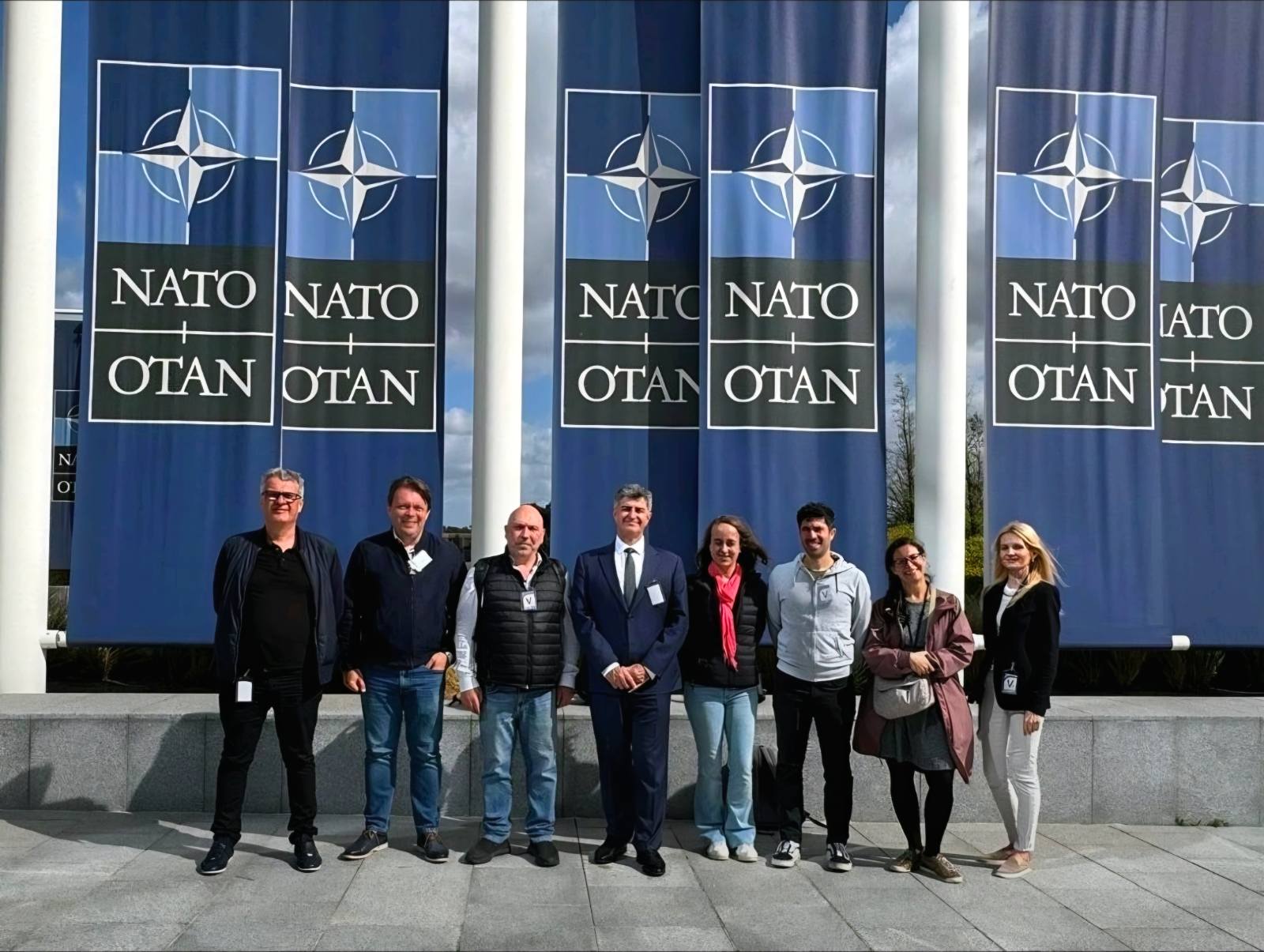 Carbon-Ukraine team was truly delighted to take part in the kickoff meeting of the ATHENA Project (Advanced Digital Engineering Methods to Design MXene-based Nanocomposites for Electro-Magnetic Interference Shielding in Space), supported by NATO through the Science for Peace and Security Programme.
Carbon-Ukraine team was truly delighted to take part in the kickoff meeting of the ATHENA Project (Advanced Digital Engineering Methods to Design MXene-based Nanocomposites for Electro-Magnetic Interference Shielding in Space), supported by NATO through the Science for Peace and Security Programme.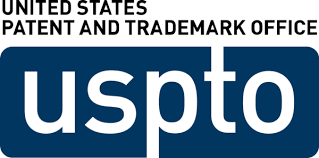 Exellent news, our joint patent application with Drexel University on highly porous MAX phase precursor for MXene synthesis published. Congratulations and thanks to all team involved!
Exellent news, our joint patent application with Drexel University on highly porous MAX phase precursor for MXene synthesis published. Congratulations and thanks to all team involved!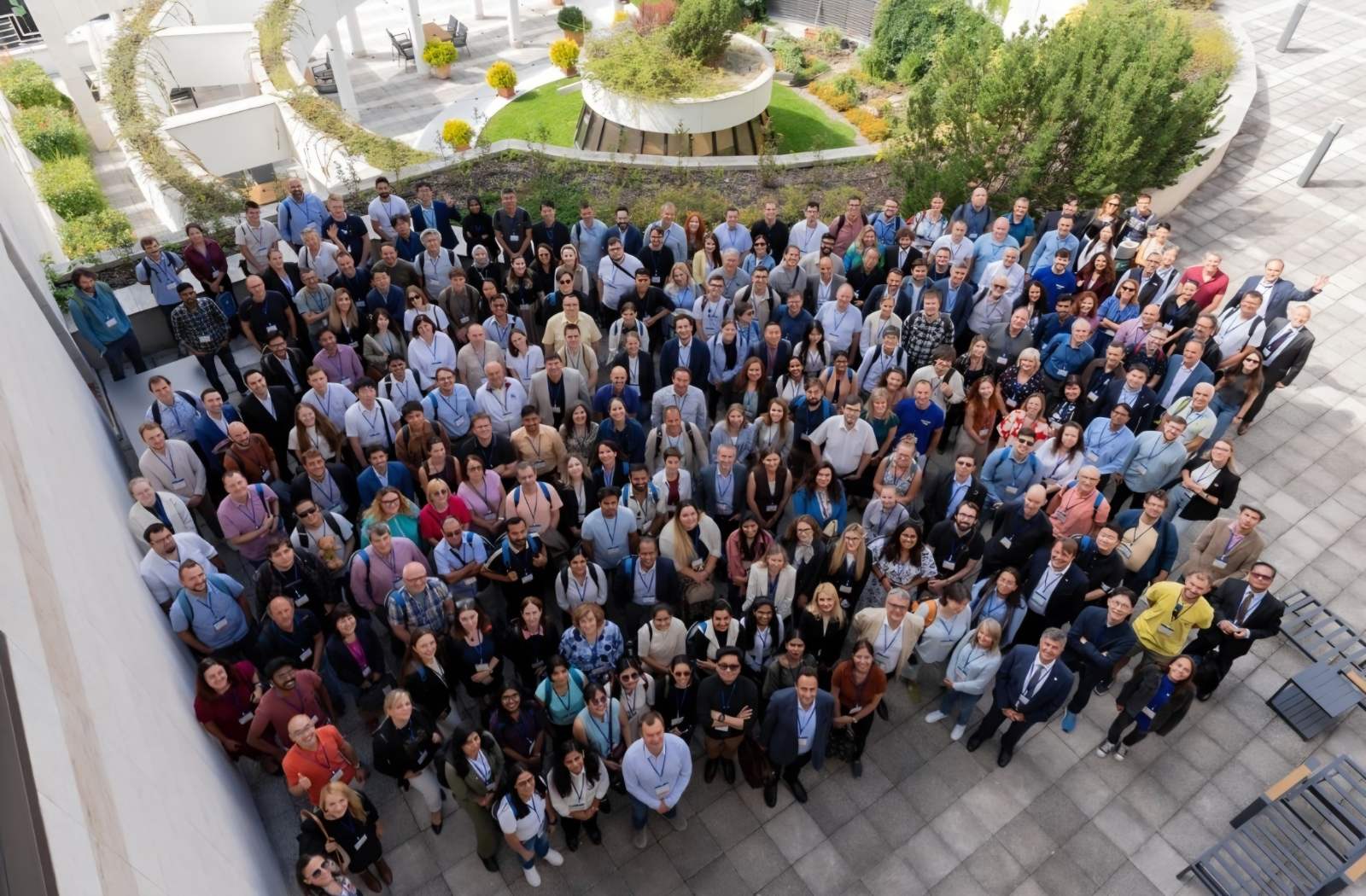 Our team was very delighted to take part in International Symposium "The MXene Frontier: Transformative Nanomaterials Shaping the Future" – the largest MXene event in Europe this year!
Our team was very delighted to take part in International Symposium "The MXene Frontier: Transformative Nanomaterials Shaping the Future" – the largest MXene event in Europe this year!  Last Call! Have you submitted your abstract for IEEE NAP-2025 yet? Join us at the International Symposium on "The MXene Frontier: Transformative Nanomaterials Shaping the Future" – the largest MXene-focused conference in Europe this year! Final Submission Deadline: May 15, 2025. Don’t miss this exclusive opportunity to showcase your research and engage with world leaders in the MXene field!
Last Call! Have you submitted your abstract for IEEE NAP-2025 yet? Join us at the International Symposium on "The MXene Frontier: Transformative Nanomaterials Shaping the Future" – the largest MXene-focused conference in Europe this year! Final Submission Deadline: May 15, 2025. Don’t miss this exclusive opportunity to showcase your research and engage with world leaders in the MXene field!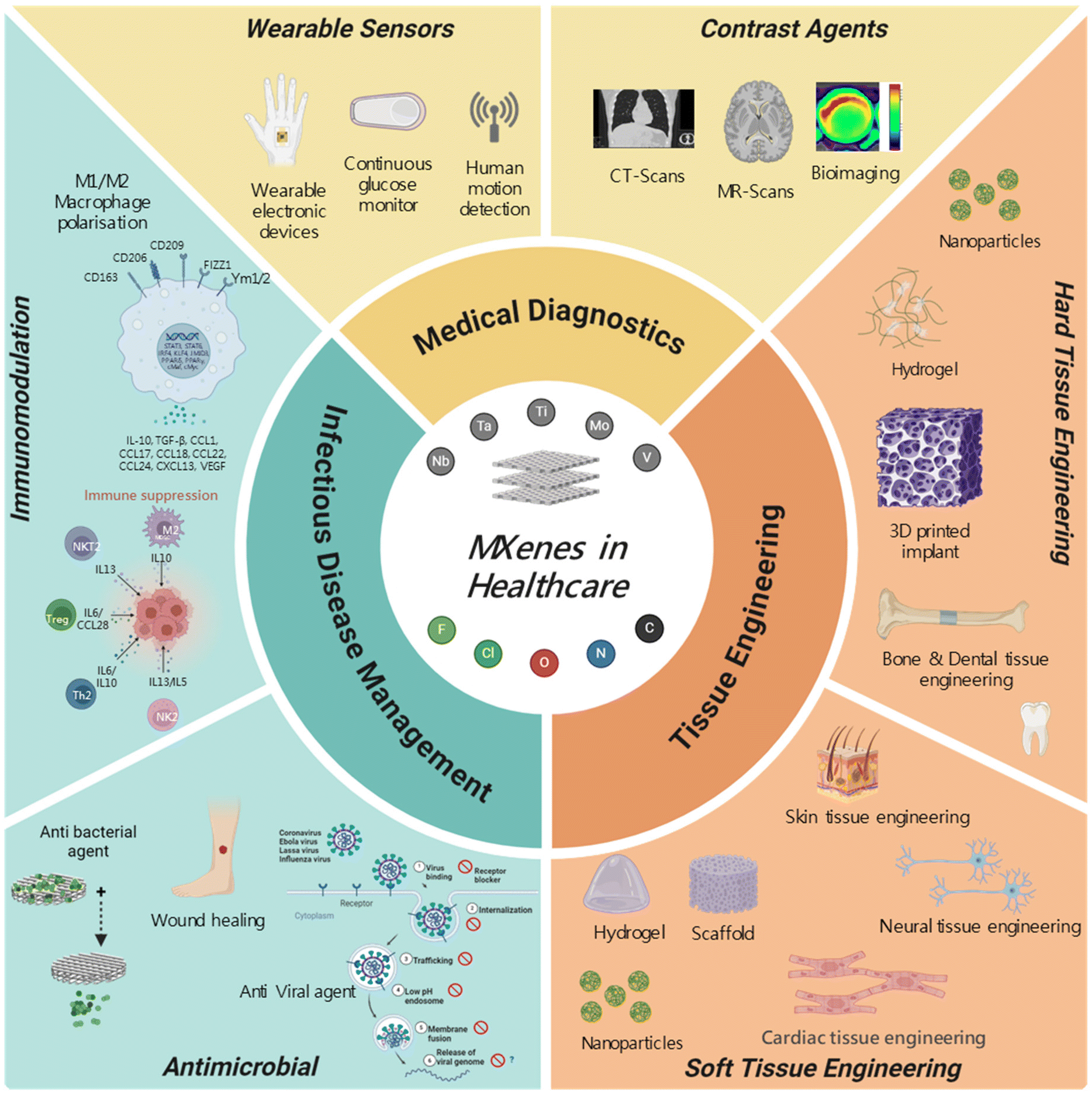 We are excited to announce the publication of latest review article on MXenes in Healthcare. This comprehensive review explores the groundbreaking role of MXenes—an emerging class of 2D materials—in revolutionizing the fields of medical diagnostics and therapeutics. Read the full article here: https://doi.org/10.1039/D4NR04853A.
We are excited to announce the publication of latest review article on MXenes in Healthcare. This comprehensive review explores the groundbreaking role of MXenes—an emerging class of 2D materials—in revolutionizing the fields of medical diagnostics and therapeutics. Read the full article here: https://doi.org/10.1039/D4NR04853A.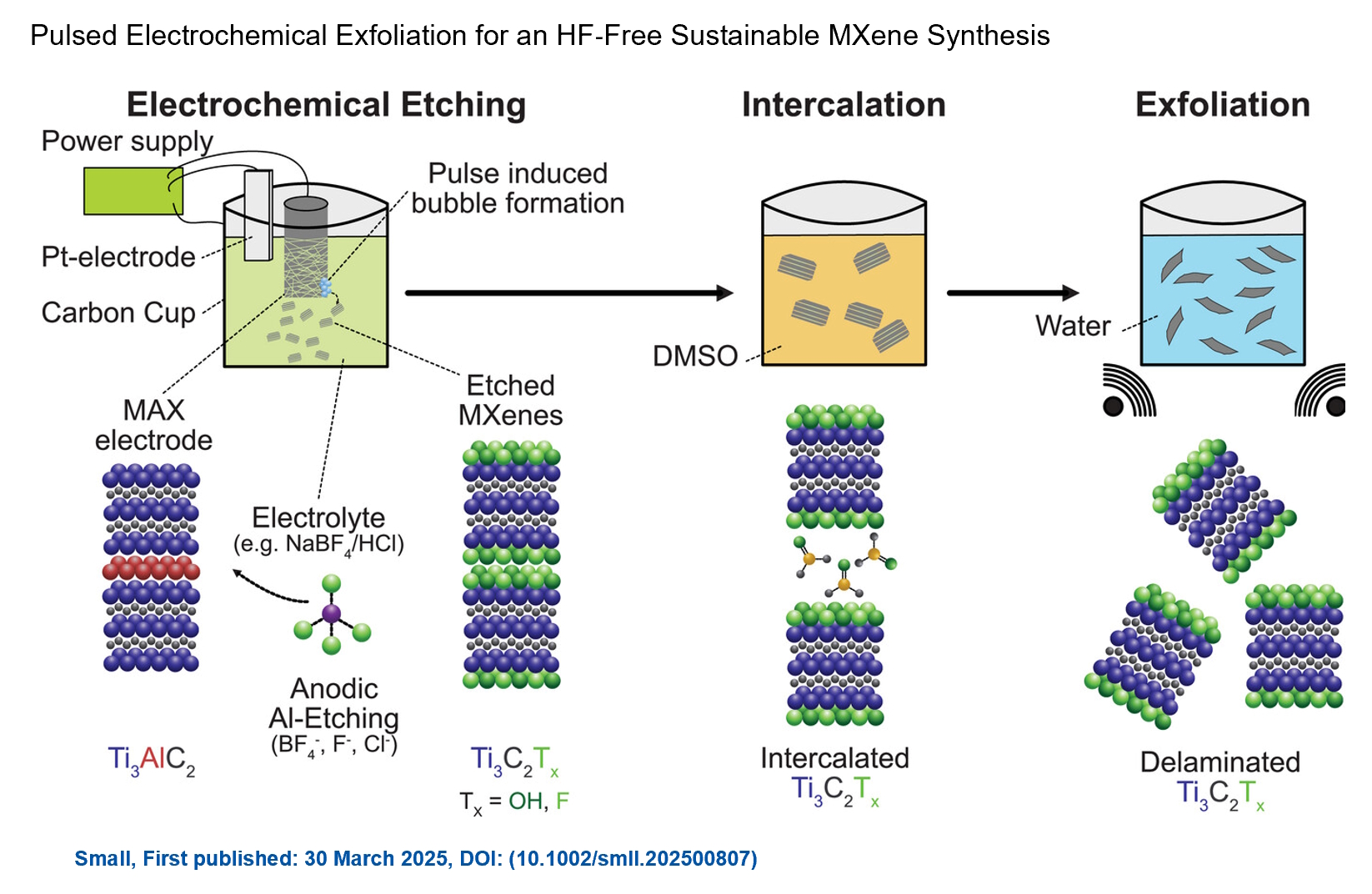 Congratulations and thank you to our collaborators from TU Wien and CEST for very interesting work and making it published! In this work, an upscalable electrochemical MXene synthesis is presented. Yields of up to 60% electrochemical MXene (EC-MXene) with no byproducts from a single exfoliation cycle are achieved.
Congratulations and thank you to our collaborators from TU Wien and CEST for very interesting work and making it published! In this work, an upscalable electrochemical MXene synthesis is presented. Yields of up to 60% electrochemical MXene (EC-MXene) with no byproducts from a single exfoliation cycle are achieved.